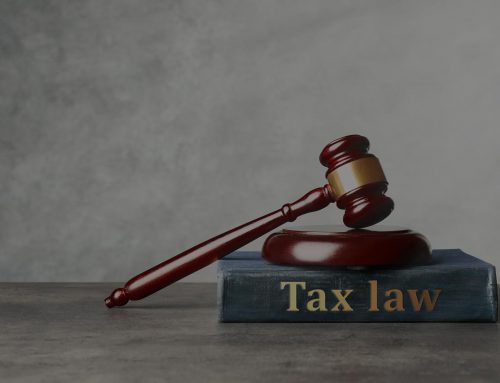Underused Housing Tax Demystified
The Underused Housing Tax (“UHT”) is a federal tax of 1% of a residential property’s value, applied annually to certain owners of underused or vacant residential property in Canada. The tax applies to non-resident, non-Canadian owners, although some Canadian owners can be subject to the UHT (in limited circumstances).
Any legal owner of residential property in Canada as of December 31 of any calendar year who is not an excluded owner must file a UHT return. These owners are called ‘affected owners’ by the CRA.
Residential Property Defined
Residential property generally means a property that is situated in Canada and that is a detached house or similar building, containing not more than three dwelling units, along with any appurtenances and the related land, a semi-detached house, rowhouse unit, residential condominium unit or other similar premises intended to be a separate parcel along with any common areas, appurtenances, and the related land.
Election Form
If a person is required to file a UHT Return, the applicable form is UHT-2900, Underused Housing Tax Return and Election Form. Owners of multiple residential properties in Canada on December 31 must file a separate UHT return for each property. The form may be filed either electronically or by mail, and generally must contain the following information:
- the type of owner (a corporation, a partner, a trustee);
- the name of all of the owners of the residential property and their percentage of ownership, respectively;
- the type of residential property; for example, a detached house, semi-detached house, rowhouse unit, condominium, duplex, triplex, etc.; and
- the taxable value of the residential property and the method of determining such value.
Amount of Tax Payable
The tax payable is assessed as 1% of the greater of
- the property’s assessed value for the year for property tax purposes, and
- the most recent sale price, in each case applied to the ownership percentage.
An owner may elect to use the property’s FMV as determined at any time during the year and up to April 30th of the following year. If you choose to go this route, the CRA will require an appraisal report to be prepared by an accredited professional real estate appraiser.
Excluded Owners
Excluded Owners are not required to file a UHT return and have no obligations or liabilities under the UHT. They include (but are not limited to) persons that fall into one of the following categories:
- a Canadian citizen or permanent resident;
- a corporation incorporated under Canadian Law and listed on a designated Canadian stock exchange (Note: Canadian-controlled private corporations (CCPC’s) do not qualify as excluded owners);
- a person that is the owner in their capacity as a trustee of a mutual fund trust, a real estate investment trust, or a SIFT trust;
- a registered charity; and
- a cooperative housing corporation, a hospital authority, a municipality, a public college, a school authority, a university, or a para-municipal organization as such terms are defined in subsection 123(1) of Part IX of the Excise Tax Act.
Exemptions
Exemptions are available under the UHT Act for persons who do not qualify as “excluded owners”. Such a person may not have to pay the tax but must file a UHT return. No tax is payable by such owner if the owner or the property falls into any of the categories in subsection 6(7) of the UHT Act. Some of these categories are as follows:
- an owner of the residential property solely in its capacity as the partner of a specified Canadian partnership or a trustee of a specified Canadian trust;
- an owner which is a specified Canadian corporation;
- the property is not suitable for year-round use or is seasonally inaccessible;
- the property is uninhabitable for a period of at least 60 consecutive days in the calendar year as a result of a disaster or hazardous condition;
- a dwelling unit that is part of the residential property is uninhabitable for a period of at least 120 consecutive days in the calendar as a result of a renovation to the property;
- the person becomes an owner of the residential property in the calendar year; and
- the person died during the calendar year or the prior calendar year or the person is the personal representative of a deceased individual who was the owner.
Primary Place of Residence
Tax is also not payable under this law if the residential property is the primary place of residence of the individual or their partner. If the property is occupied by a child of the individual or their spouse or common-law partner for the purposes of going to school, then the UHT is also not payable.
Penalties
Individual owners that fail to file a return on time, even if no tax is payable, are subject to a minimum $5,000 penalty, and non-individuals (such as corporations, partnerships, and trusts) are subject to a minimum $10,000 penalty per property, as well as an amount equal to 5% of the tax that was otherwise payable by the person, plus 3% of such tax payable multiplied by the number of months the return is late in its filing.
In Conclusion
We are left wondering whether this was the best way to ensure fair revenues are collected on one hand and the implementation of equitable housing policy on the other. The filing requirements seem onerous and the exemptions and exceptions are extensive. We will have to wait and see if this tax works out to be a worthwhile endeavor.




